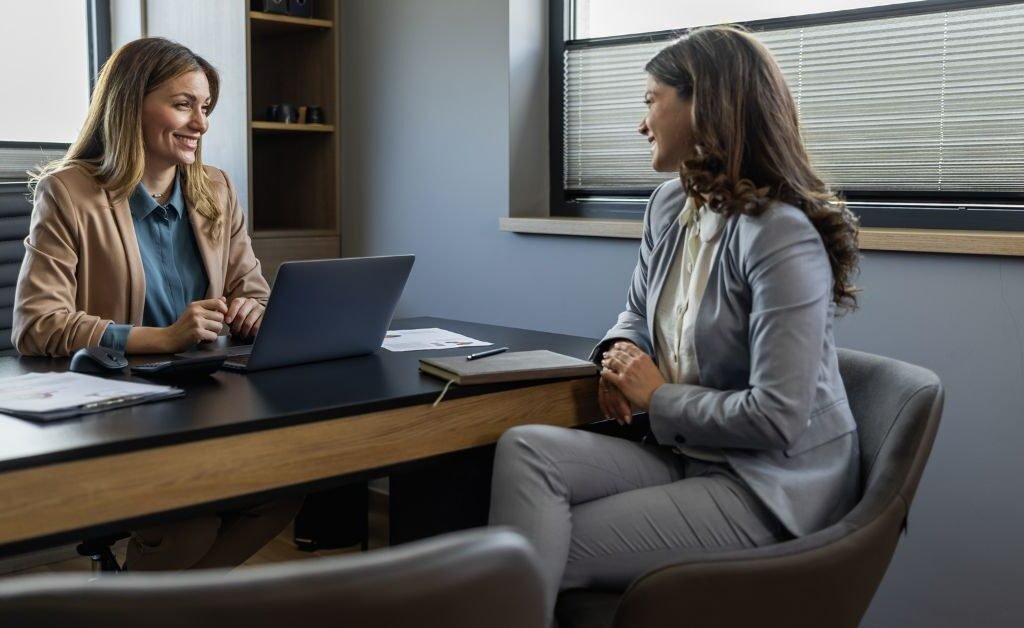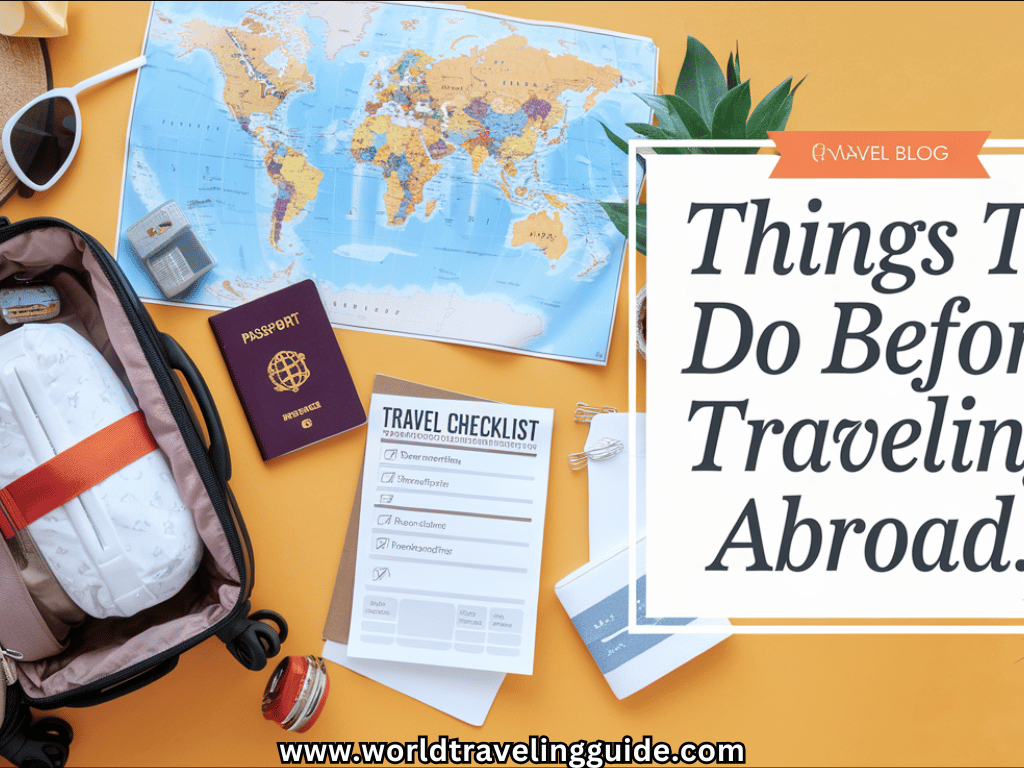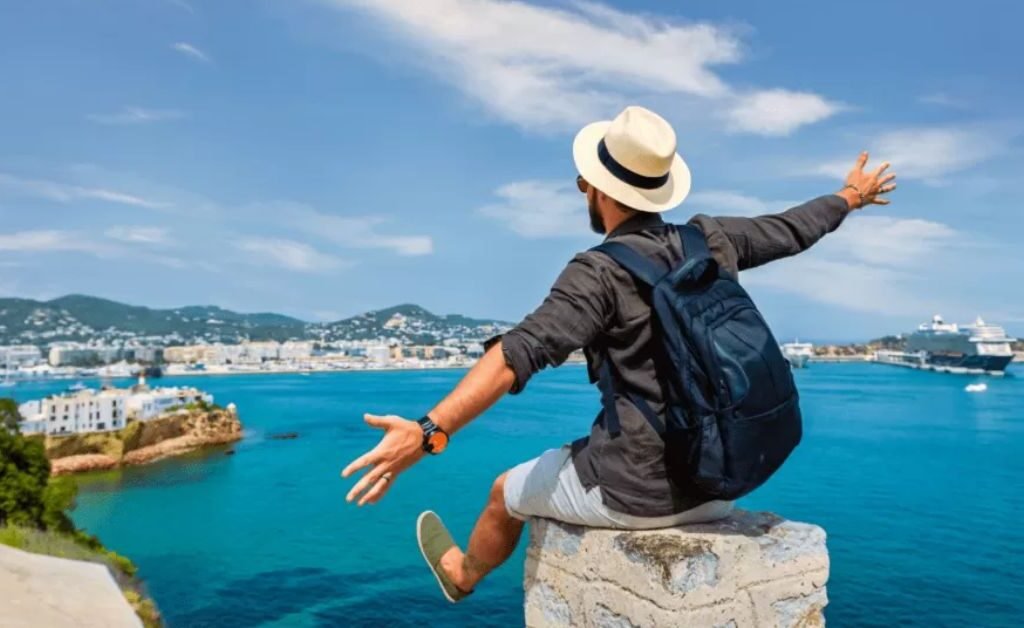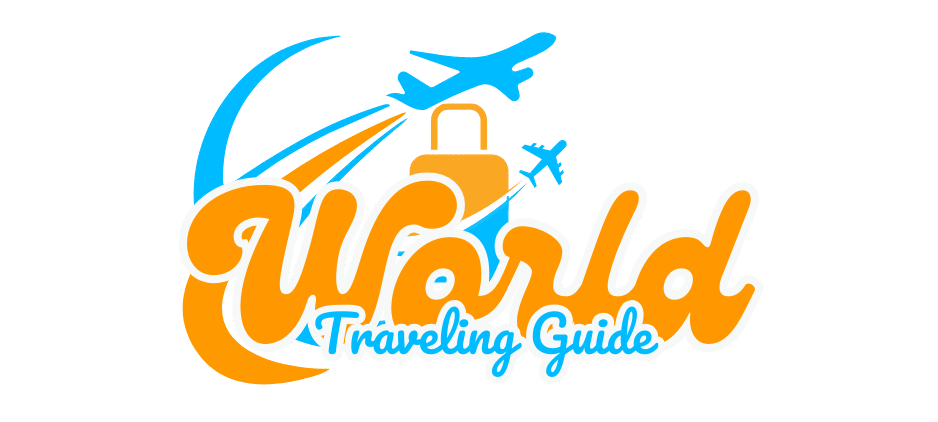How to Book Things as a Travel Agent

Travel booking as a travel agent isn’t just about booking flights and hotels for its own sake. Rather, it is tapping into industry resources, knowing preferences of the clients, and creating amazing experiences.Here is a guide with practical steps How to Book Things as a Travel Agent? and useful tips that will aid in becoming […]
Thing to prepare before traveling abroad- Essential Tips

Introduction Traveling abroad is exciting, opening doors to new cultures, flavors, and experiences. However, without proper preparation, this adventure can sometimes feel overwhelming. Knowing what to handle beforehand, from gathering essential documents to creating a packing list, can ease the transition and help you start the journey confidently. This guide covers practical steps to help […]
How to plan a stress-free traveling trip or tour?

How to plan a stress-free traveling trip or tour? Traveling not only relieves the mental stress, anxiety, and depression of a person, but it also provides the best local business ideas and information to understand the local cultural and religious history and language. We will cover the following points in this article. Check your health […]
